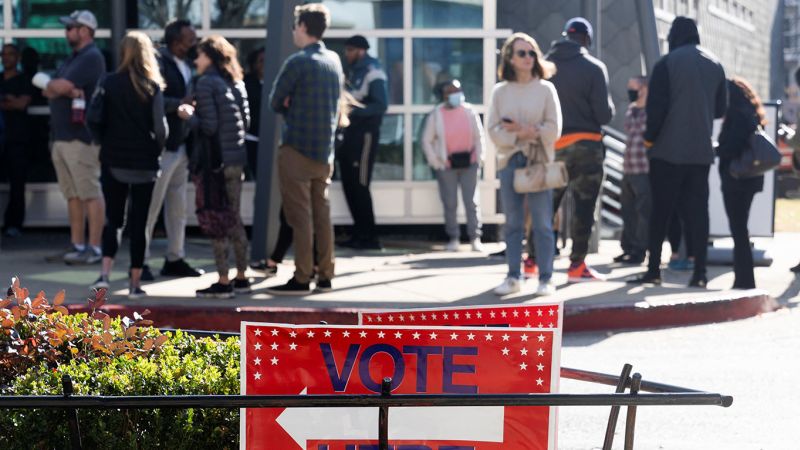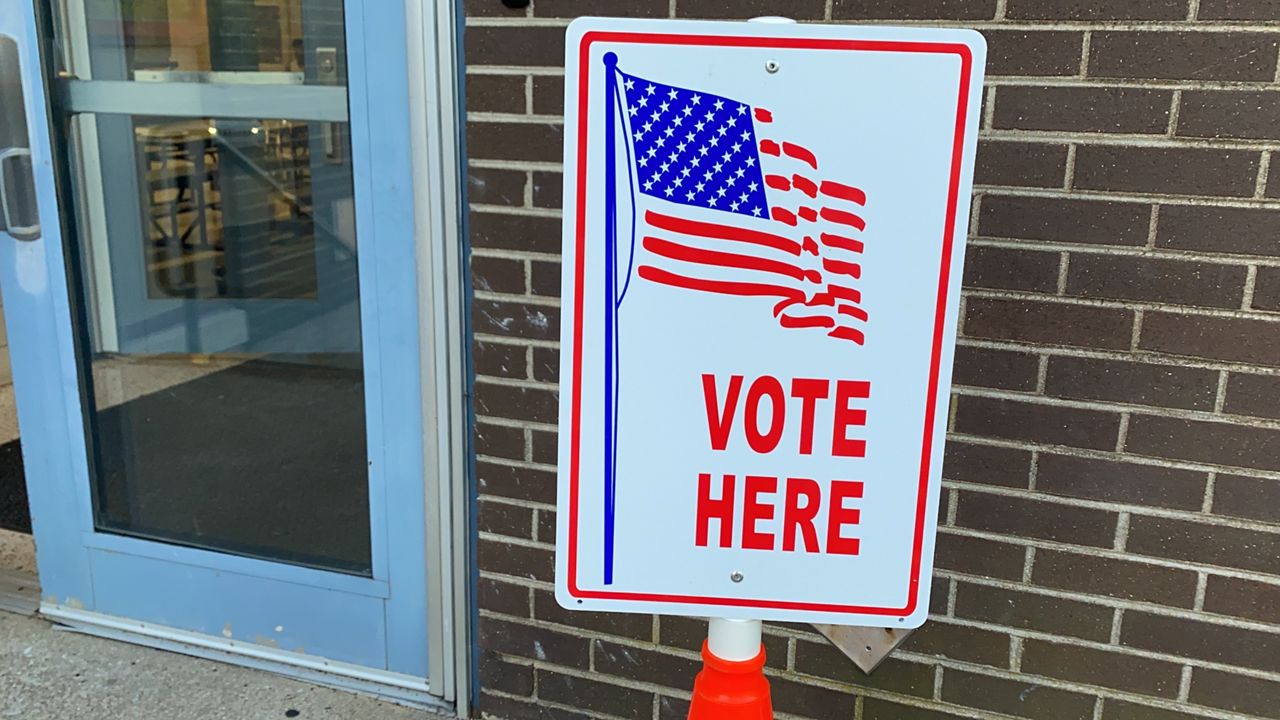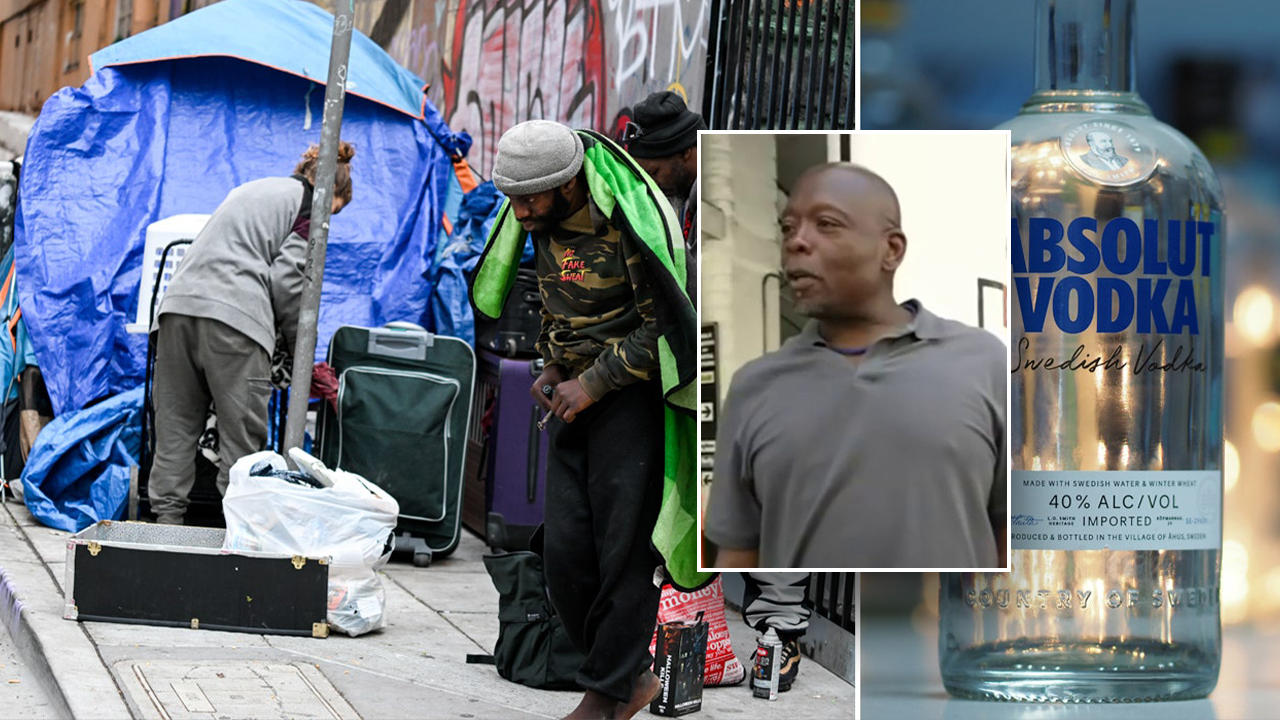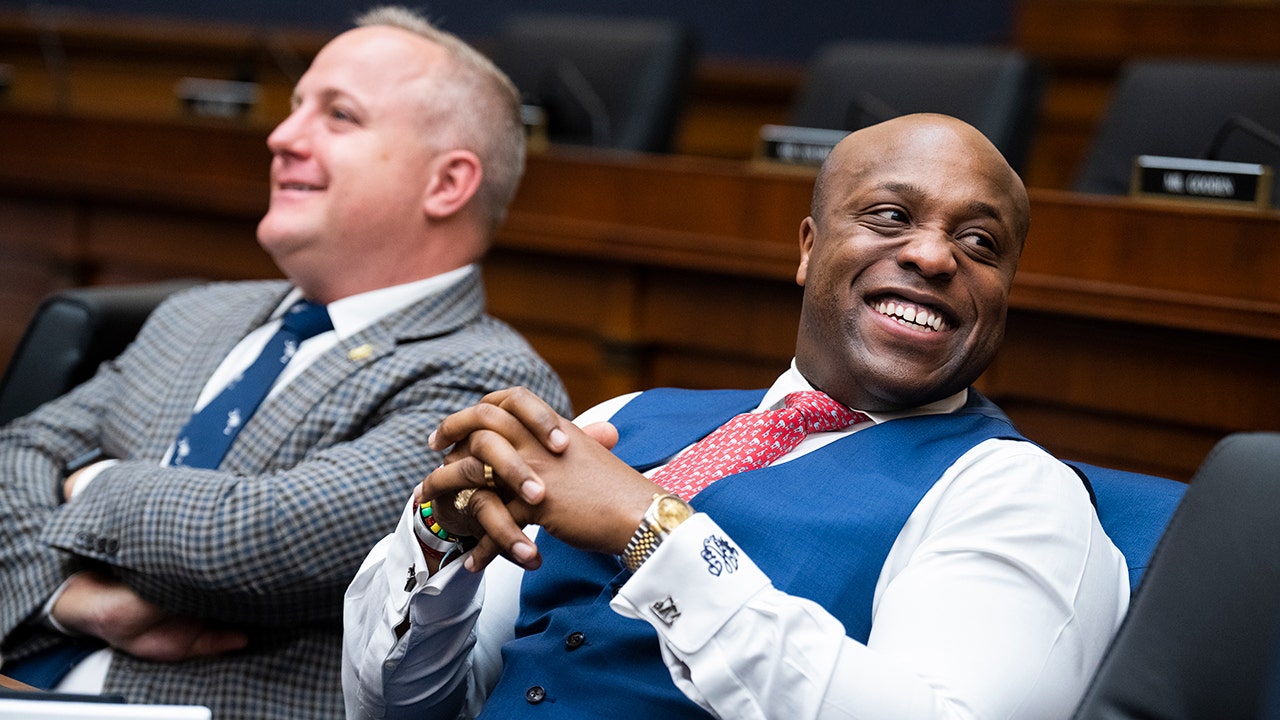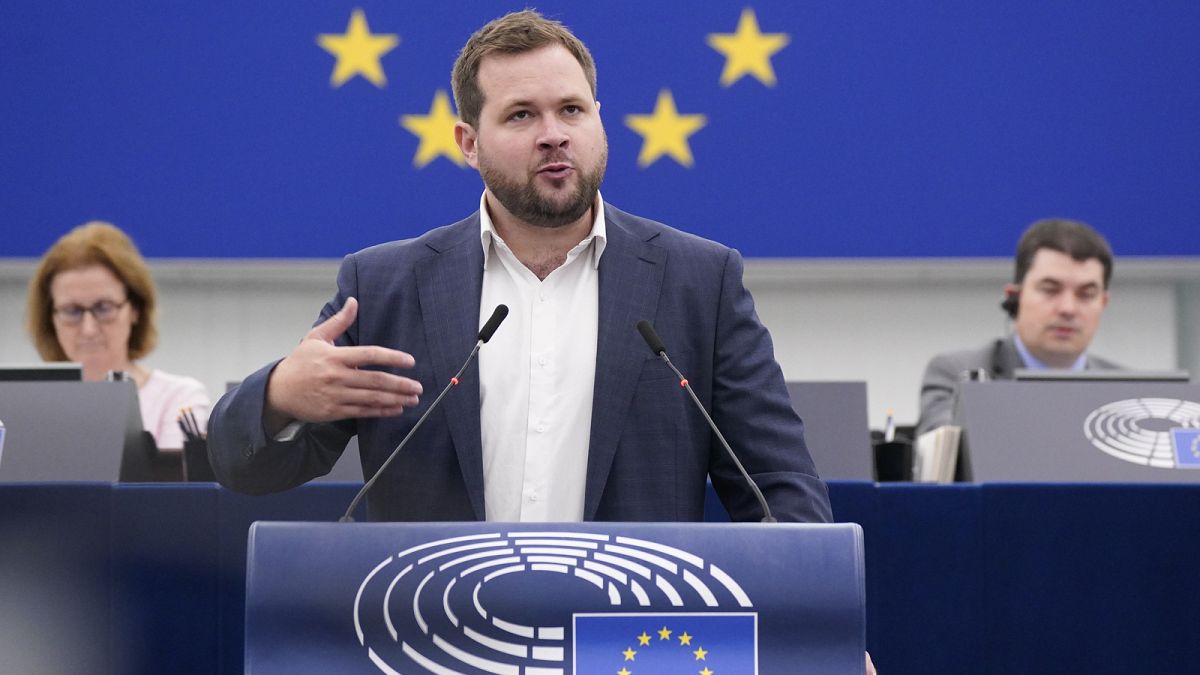CNN
—
A federal judge on Friday narrowed a section of Georgia election law that banned the practice of handing out food and water to voters waiting in line to cast ballots, as well as halted enforcement of a requirement that voters put their birth dates on the outer envelope of their ballots.
US District Judge J.P. Boulee, however, declined requests from the legal challengers of the state’s 2021 election overhaul legislation that he block aspects of the law that limited who could deliver an absentee ballot on behalf of another voter and that set restrictions on where ballot drop boxes could be set up.
His ruling on so-called line-warming allowed the ban to still be enforced in what he dubbed the “buffer zone” around a polling place, within 150 feet of the building where ballots are being cast. But he paused enforcement of the ban in the “supplemental zone,” or additional areas that are within 25 feet of a voter standing in line.
“Central to this conclusion was the fact that, unlike the Buffer Zone’s reasonable 150-foot radius, the Supplemental Zone has no boundary,” he wrote. “S.B. 202 prohibits organizations (such as Plaintiffs) from engaging in line relief activities in the Supplemental Zone, i.e., if they are within twenty-five feet of a voter—even if the organizations are outside the 150-foot Buffer Zone.”
In his decision on the outer envelope birth date requirement, Boulee wrote that the defenders of the provision “did not present any evidence that absentee ballots rejected for failure to comply with the Birthdate Requirement were fraudulent ballots.”
“Given the evidence presented, the Court is simply not persuaded that eliminating the Birthdate Requirement risks introducing fraudulent ballots or threatens election integrity,” he said.
In 2021, Republican Gov. Brian Kemp signed the sweeping elections law, dubbed the Election Integrity Act, into law, making it illegal to hand out food or water to people standing in line to vote among other controversial provisions.
Republican backers defended the measure, arguing that it was needed to boost confidence in voting in the state. Its critics, however, condemned the line-warming provision as a bid to restrict voting that could target people of color, who lean Democratic and whose precincts often have long waits to cast ballots.
In response, several civil rights and voting rights groups filed a lawsuit challenging the law.
Rahul Garabadu, senior voting rights staff attorney at the American Civil Liberties Union of Georgia, praised the judge’s ruling as “an important victory for every eligible voter in Georgia.”
“The court recognized that voters should not be disenfranchised for forgetting to write their birthdate on their absentee ballot envelope, or arrested for offering food or drink to voters in line outside the 150-foot zone around polling locations,” Garabadu said in a statement. “The fight against SB 202 continues on, but today’s decisions represent an important victory for every eligible voter in Georgia.”
Georgia Secretary of State Brad Raffensperger said in a statement that the decision “should have limited effect.”
“Due to the good work that both the state and county election officials have done to ensure short lines for voters, this decision should have limited effect,” he said. “I am grateful that the ban on giving things of value to voters remains in place within 150 feet of the polling place. All voters should have the right to cast their vote in peace without being subject to potentially unwanted solicitations.”

